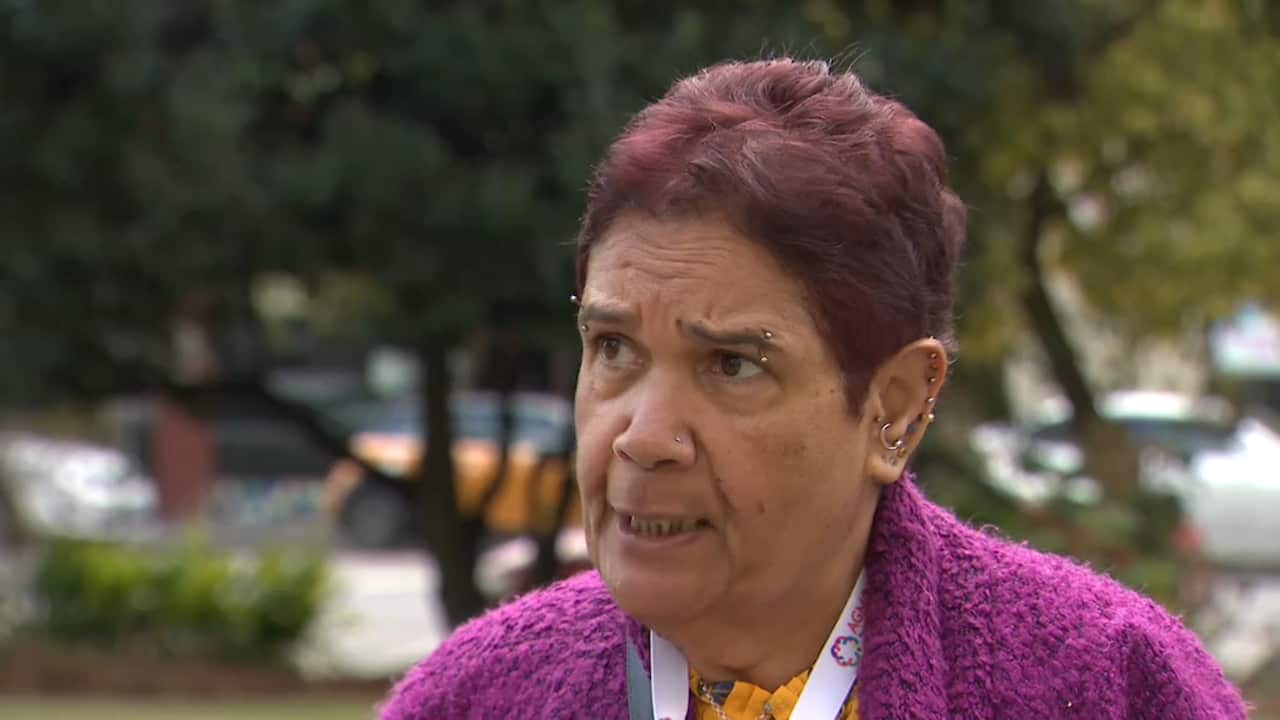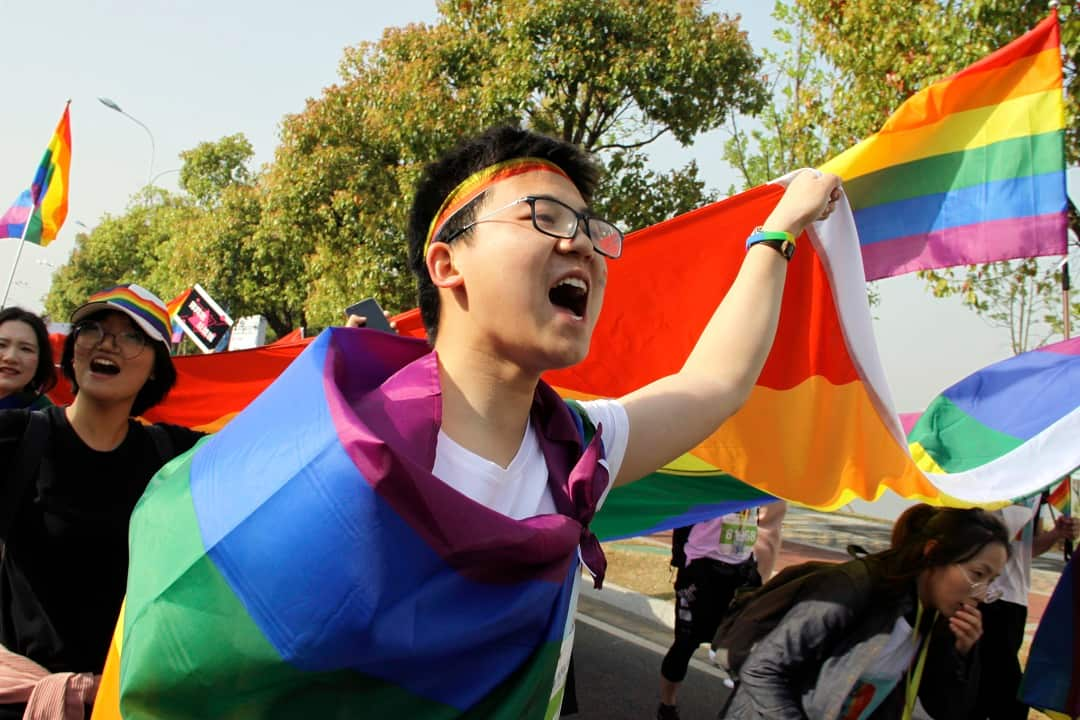An increasing number of Chinese nationals are travelling to Australia to freely come out as part of the lesbian, gay, bisexual, transgender and queer community.
China legalised homosexuality in 1997 but legislative and social pressures have made it difficult for men and women to express their sexuality.
“To be overseas and telling their parents over WeChat, so over the internet for example, it may be a lot easier for them because there’s no direct confrontation as such,” Erin Chew, founder of the Asian Australian Alliance told SBS News.
“They also don’t need to tell other family, for example, so they’re only telling their parents.”
Lucy Wang, who came out to her family at the age of 16, remembers that it was not a positive experience.
“I was pulled out of school with my first girlfriend and I had to change colleges because of her, [and] after that, I was sent to Australia to stay away from her,” she told SBS News.
Ms Wang says her family believed being isolated from her girlfriend would change her sexuality, but it helped boost her self-confidence.
“I can accept who I am. I can tell my friends or people I know, who I am, my sexuality. And also I have had other partners here,” she said.
Free to talk
A diversity conference run by the Australian GLBTIQ Multicultural Council (AGMC) in Melbourne this weekend is questioning whether there has been progress towards equality for people of multicultural and multifaith members of the LGBTIQ+ community.
Esther Montgomery, who is a Mardudhunera woman and lesbian, spoke at the conference.
“For many LGBTI people, the struggle day-to-day is still real,” Esther Montgomery told SBS News.
“And then you take into the mix of being First Nations people, then you take into the mix from a multicultural, and how our families and our communities perceive LGBTI issues, we’ve got a long way to go.”

President of the AGMC, Judy Tang, says the forum offers people a chance to tell their stories.
“It’s a really huge gathering to talk about any barriers, any issues, all the positive stories and lived experiences of people who identify as multicultural and/or multi-faith and LGBTI,” Ms Tang told SBS News.
“We also have quite a strong disability stream because I have a really strong passion to really pull together all the different intersectionalities of culture, faith, race, gender, sexuality and disability.”
Ms Tang, whose parents are of Chinese heritage also has a lived experience of coming out.
"My mum perhaps didn't take it as well as my father did at the start. But for me, as long as we can keep on meeting each other half way. The more that she got to see, for example, my girlfriend and myself just doing normal every day stuff, it really took the strangeness out of it for her.
“And so I guess I've got a pretty happy ending because my partner and I are involved in a lot of family events and we're quite welcomed into the family.”
No anti-discrimination laws in China to protect the LGBTIQ+ community
Same sex partnerships remain illegal in China and people in same-sex relationships can not adopt children, but according to Ms Wang, families also struggle to accept that their child is gay because of social circumstances.

“I think it’s more at the moral level of pressure and also the one-child policy. So more families could not accept their only child being gay, lesbian, or LGBT. Also they want to have grandchildren.”
Women have the added social pressure of getting married, according to Lucetta Kam, a professor at the Hong Kong Baptist University.
“[Heterosexual] Marriage pressure is very severe in China,” she said.
“They need to get married around 25 or before 30. So this is the most difficult part of coming out to families.”
Change is coming
While there may not be legislative support for the LGBTIQ+ commmunity, Ms Chew says that attitude is changing among young people.
“There needs to be a generational change for the government for things to change and I think that will take quite a while for that change,” she said.
“But as for society, there’s a lot more LGBT activist groups in China who are quite bold. People who are actually coming out talking about these issues. So I think there is a lot of opportunity to change the social perceptions in China.”

